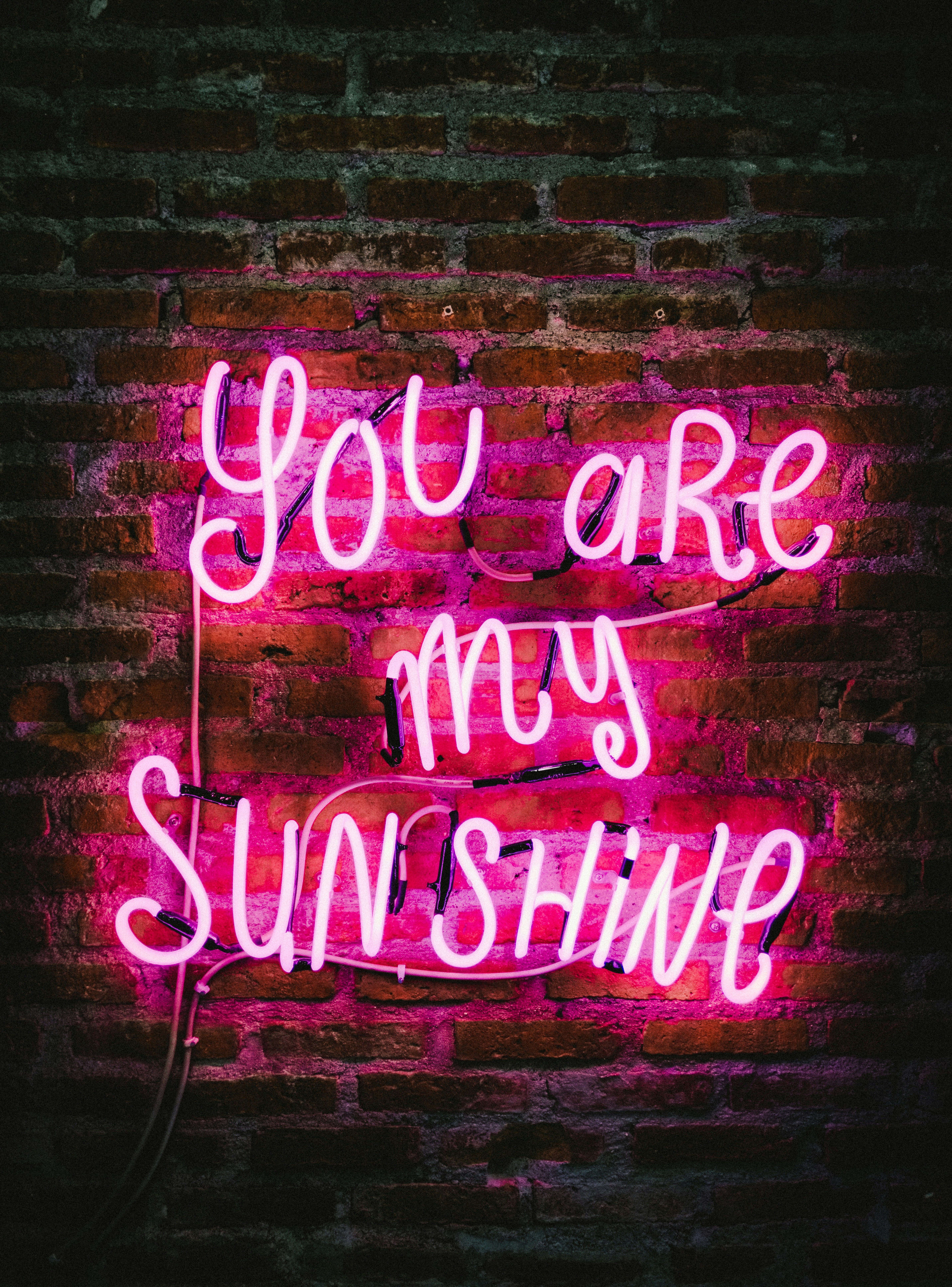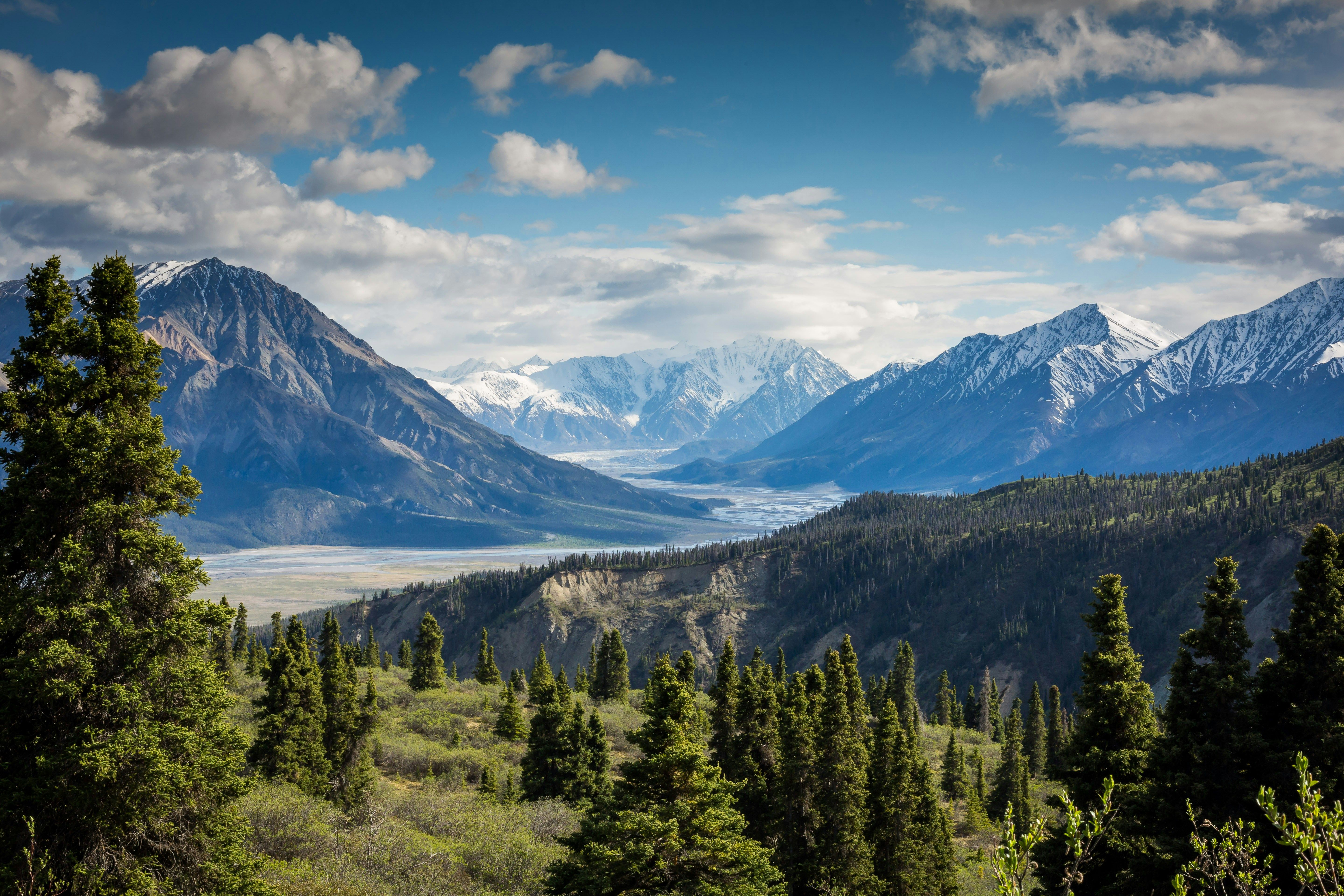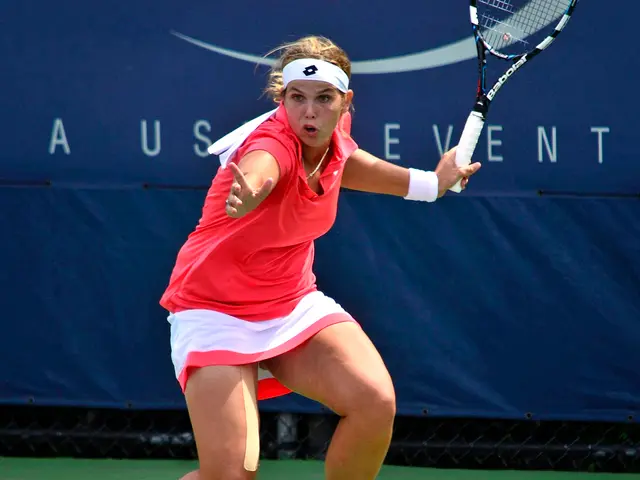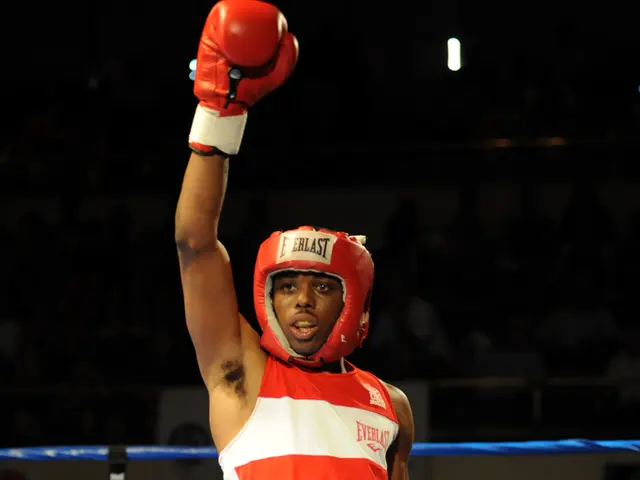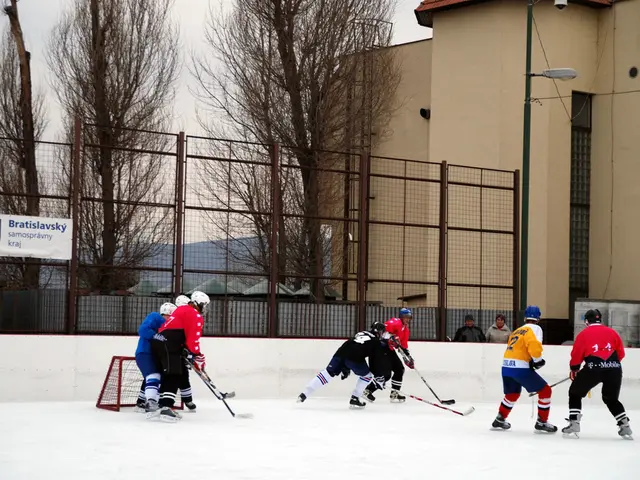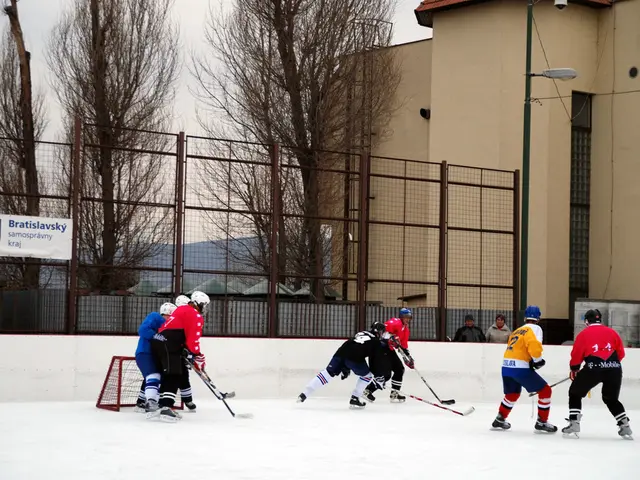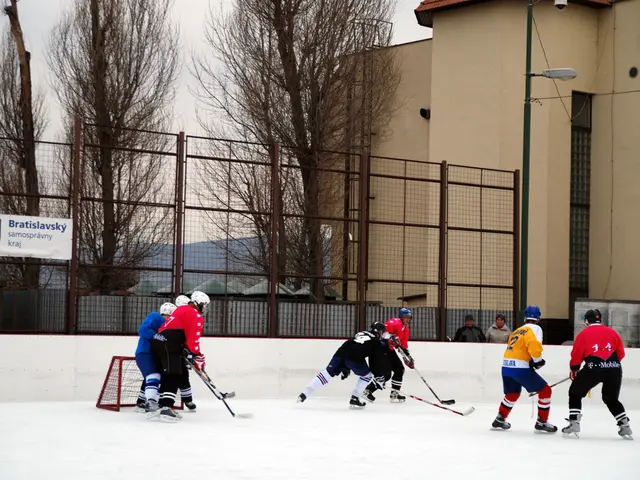Maduro Rejects Joint Rule Suggestions, Pushes Back on Fresh Voting Ideas from Venezuela
Title: Venezuela's Power Struggle: A Continuing Saga Amidst Geopolitical Shifts
Mexico City, Mexico, August 19, 2024 - Amidst the ongoing power struggle in Venezuela, President Nicolás Maduro rejected proposals for a power-sharing agreement with the opposition and the possibility of holding new presidential elections, instead calling for respect for the country's institutions and for the ongoing review by the Supreme Tribunal of Justice (TSJ).
The proposals came from neighboring presidents, Colombia’s Gustavo Petro and Brazil’s Luiz Inácio Lula da Silva, respectively. The three countries—Mexico, Colombia, and Brazil—have self-appointed mediator roles in the post-electoral dispute in Venezuela, with US backing.
Maduro dismissed the suggestions, viewing them as an affront to Venezuela's sovereignty. In a televised broadcast, he asserted, "Venezuela is not an intervened country, nor do we have guardians. We do not interfere in anyone's internal affairs."
Through a social media post, Petro suggested that Colombia’s experience with the National Front governments, which saw the Liberal and Conservative parties agree to a power-sharing deal between 1958 and 1974, could provide a model for Venezuela amidst opposition claims of fraud in the July 28 election.
Venezuela’s National Electoral Council (CNE) declared Maduro the winner of the election with 51.95 percent (6.4 million votes) compared to 43.18 percent (5.3 million votes) for US-backed opposition candidate Edmundo González.
Lula suggested the possibility of fresh elections, but Maduro rejected this proposal as well. Maduro brought up Brazil’s former president Jair Bolsonaro’s alleged fraud claims and his refusal to accept defeat, stating, "Bolsonaro also cried fraud and didn't accept defeat, and it was the Brazilian court that decided."
The White House initially welcomed Lula's proposal for new elections, but later retracted the statement, causing confusion and prompting Maduro to question the Biden administration's policy-making process.
Venezuelan opposition leader María Corina Machado also rejected the proposal for new elections and vowed that González will take office next January. In recent years, the hardline opposition has consistently refused to recognize electoral losses, often unleashing street violence in response.
Mexican President Andrés Manuel López Obrador declined to support the proposal, instead choosing to wait for the TSJ's ruling on the matter. Venezuela’s TSJ opened a probe into the validity of the election result following a request by Maduro.
Rumors circulated that Mexico had withdrawn from the three-way presidential initiative on Venezuela’s election, although formal recognition by Venezuela has been lacking for the mediation role of the three countries. By his own admission, Lula has not spoken to Maduro since before the election, although he has been in regular communication with Petro.
Meanwhile, ALBA Movimientos, an umbrella organization that brings together dozens of social movements from throughout the Americas, strongly disagreed with the foreign proposals. The pro-government and opposition forces held demonstrations over the weekend, with smaller opposition gatherings and larger government supporter rallies in front of the Miraflores Presidential Palace.
As the power struggle in Venezuela persists, regional actors face challenges in reinvigorating negotiations due to Maduro’s entrenched position and the reduced diplomatic leverage of the U.S. and its allies. The absence of a functional power-sharing framework has enabled Maduro to tighten authoritarian measures, including repression of dissent and aggressive territorial claims against Guyana.
- Despite the rejection of the power-sharing agreement and new election proposals, President Maduro continues to call for respect for Venezuela's institutions.
- The ongoing power struggle in Venezuela has sparked a discussion on education and self-development, with a focus on personal growth and mindfulness.
- War and conflicts seem to have a negative impact on productivity and career development, areas that are crucial for individual advancement and national progress.
- Policy-and-legislation discussions in Venezuela and neighboring countries have been influenced by issues such as migration and the possible consequences of the power struggle for regional stability.
- The proposals for mediation started by Colombia’s Gustavo Petro and Brazil’s Luiz Inácio Lula da Silva have brought attention to the importance of peace negotiations and diplomatic relationships in resolving conflicts.
- The ongoing power struggle in Venezuela has also raised concerns in the general news, with reports of crime-and-justice incidents and accidents increasing.
- Fires, particularly in areas affected by the power struggle, have also been highlighted in the media, with calls for better fire prevention and response measures.
- Learning opportunities, such as goal-setting workshops and lifelong learning programs, have gained traction as a means to help individuals cope with the challenges brought about by the power struggle.
- Skills-training classes, particularly in fields like sports, have become popular amidst the ongoing power struggle, with football, basketball, baseball, hockey, golf, tennis, auto-racing, and mixed-martial-arts being among the top choices.
- Sports activities have provided a sense of relief and diversion for individuals affected by the power struggle, with the Champions League, WNBA, MLB, NHL, premier league, NBA, grand-prix, horse-racing, and tennis competitions being followed closely.
- Sports-betting services have seen an increase in interest due to the ongoing power struggle in Venezuela, with European leagues being among the most popular choices for bettors.
- Sports-analysis shows and podcasts have grown in popularity, providing viewers and listeners with expert insights on the performances of teams and individual athletes during this time.
- The power struggle in Venezuela has also impacted the political landscape, with policies in areas such as car-accidents, war-and-conflicts, and crime-and-justice being affected by the ongoing dispute.
- The pursuit of a career-development remains important for many individuals in Venezuela, with job-search platforms and resources becoming essential tools for those seeking employment.
- The ongoing power struggle in Venezuela has led to increased tensions and instability in the region, making it crucial for regional actors to engage in dialogue and diplomacy to resolve the situation.
- The role of politics in resolving the power struggle in Venezuela has been at the center of discussions, with some advocating for a more active engagement by the international community.
- The power struggle in Venezuela has been a constant topic in the media, with reports on the developments in the country making up a significant portion of the general-news coverage.
- The power struggle in Venezuela has exposed the need for improved governance and policy-making in the country, with calls for a more inclusive and representative approach to government.
- The ongoing power struggle in Venezuela has created uncertainty and instability for many individuals, leading to concerns about their future and the future of their families.
- Despite the challenges, many Venezuelans continue to pursue their personal goals and seek opportunities for growth and development, demonstrating their resilience and determination.
- The ongoing power struggle in Venezuela serves as a reminder of the importance of peace negotiations and conflict resolution, as well as the need for political leaders to prioritize the needs and concerns of their citizens.
- As the power struggle in Venezuela persists, the international community must continue to engage in dialogue and diplomacy to help bring about a peaceful resolution and ensure a brighter future for all Venezuelans.
